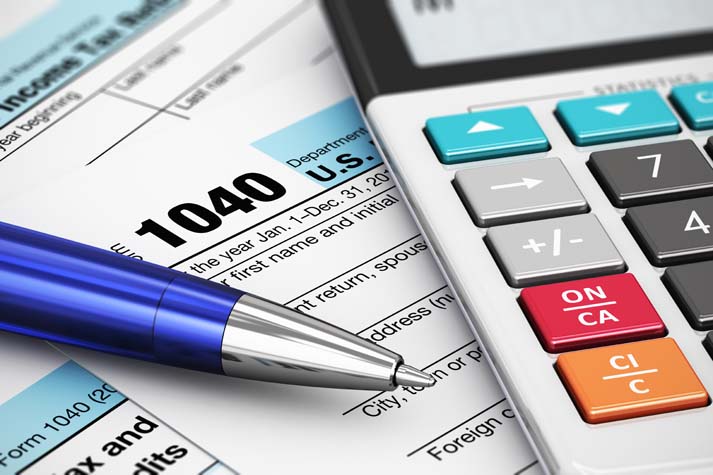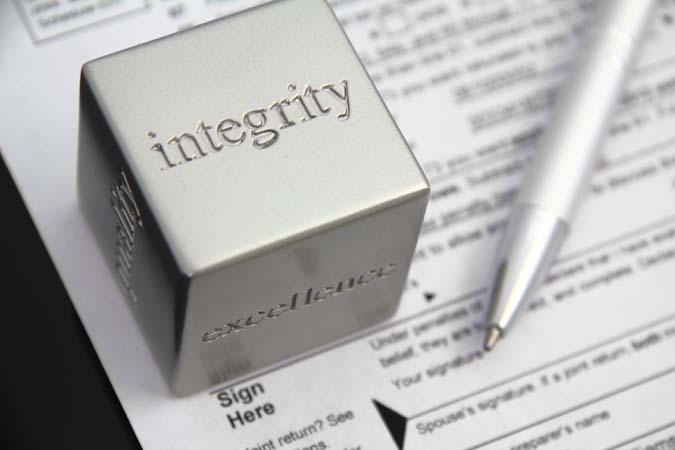What is the best free online tax filing service Fayetteville NC
Tax season is here once again however, don't go to the nearest tax accountant without doing your homework. In order to make sure that you're working with a trusted tax preparer, it's a good idea to look up their complaints and check their past history at bbb.org. You can verify licensure status by contacting the state boards of accounting that regulate certified accountants and The IRS Office of Enrollment for enrolled agents.
Beware of a "Ghost" prepared. In the words of the IRS, "a ghost preparer does not sign a tax return they create. Ghost preparers who aren't scrupulous are likely to print the return and ask that taxpayers to sign and mail it to the IRS. For returns with electronic filing, the ghost will prepare however, they will not sign the return digitally as the"payed preparer."



